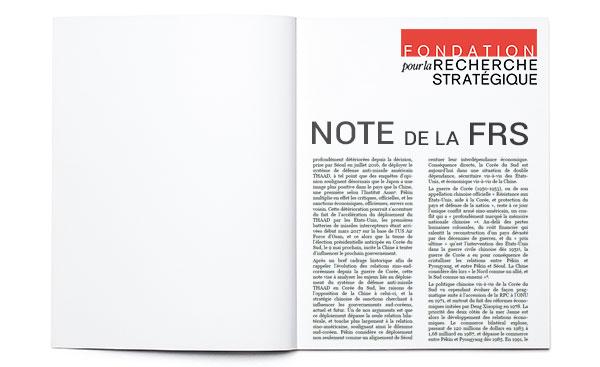Synergies between EU and NATO? Specialisation as the litmus test for “Smart Defence” and “Pooling and Sharing”
Pooling & Sharing (P&S) and Smart Defence (SD) have become fashionable concepts since the EU launched the former in 2010 and NATO the latter in 2012. They were set up to help European governments in the EU and NATO to deal with the disastrous repercussions that shrinking defence budgets have had on their military might. Both concepts follow the same idea: they incite governments to focus their dwindling defence money on priority projects, to specialise in distinct military tasks, and to seek savings in collaboration with one another. Such an efficiency drive makes sense: by getting rid of unneeded equipment, merging defence colleges, or buying and maintaining future generations of weapons together, governments can buy as much power, hopefully even more, for less moneyWe are grateful to the organizers of the recent workshops on this and related subjects which we attended and to the colleagues who kindly discussed specialization issues with us..
However, there seems to be a double paradox: the more NATO and EU states, and the two organisations, praise those concepts, the less they seem to apply them. Moreover, the states appear reluctant to use the synergies that they could gain from two organisations with a large overlap in membership doing more or less the same thingB. Giegerich,’ NATO's Smart Defence: Who's Buying?’, Survival, (2012) 54:3, 69-77.. Particularly specialisation, which the EU and NATO promote as one solution to deal with defence cuts, has turned into a headache because it is badly implemented. Many countries refuse specialising their efforts on certain military capabilities and abandoning others because it would increase their dependency on partners and curtail their sovereignty. Yet, the reality of austerity has already led to specialisation, but in an uncoordinated way. In fact, the two most serious problems of the many that the Alliance and the Union are currently facing for their military capacity to act are specialisation by default and the fact that states prefer ignoring the consequences of this development. This paper thus concentrates upon specialisation as a little understood and badly conceptualised phenomenon that will nevertheless shape Europe’s armies of tomorrow. It aims to move the specialisation debate forward by developing stepping stones to characterize specialisation and by outlining how the EU and NATO can successfully manage specialisation in both its defence and political dimensions.
To read it, please download the.pdf file by clicking on the link below.

Synergies between EU and NATO? Specialisation as the litmus test for “Smart Defence” and “Pooling and Sharing”
Note de la FRS n°12/2013
Christian Mölling,
Claudia Major,
May 30, 2013